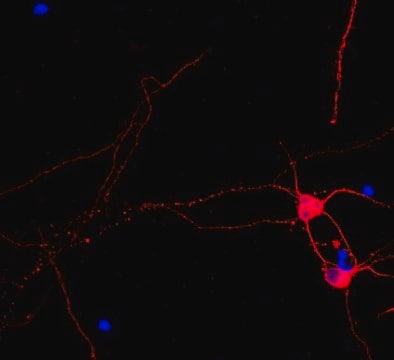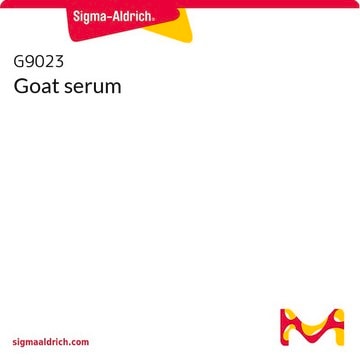917400
tert-Butyl 4-(3-(hydroxymethyl)phenyl)piperidine-1-carboxylate
≥95%
Synonym(s):
Semi-flexible linker for PROTAC® development
About This Item
Recommended Products
Quality Level
Assay
≥95%
form
powder
reaction suitability
reagent type: linker
functional group
Boc
hydroxyl
storage temp.
2-8°C
SMILES string
O=C(N(CC1)CCC1C2=CC(CO)=CC=C2)OC(C)(C)C
InChI key
OWDXAWCQYCRTIR-UHFFFAOYSA-N
Looking for similar products? Visit Product Comparison Guide
Application
Other Notes
Legal Information
related product
Signal Word
Warning
Hazard Statements
Precautionary Statements
Hazard Classifications
Aquatic Acute 1 - Aquatic Chronic 1 - Eye Irrit. 2 - Skin Irrit. 2 - Skin Sens. 1
Storage Class Code
11 - Combustible Solids
WGK
WGK 3
Flash Point(F)
Not applicable
Flash Point(C)
Not applicable
Choose from one of the most recent versions:
Certificates of Analysis (COA)
Sorry, we don't have COAs for this product available online at this time.
If you need assistance, please contact Customer Support.
Already Own This Product?
Find documentation for the products that you have recently purchased in the Document Library.
Our team of scientists has experience in all areas of research including Life Science, Material Science, Chemical Synthesis, Chromatography, Analytical and many others.
Contact Technical Service









